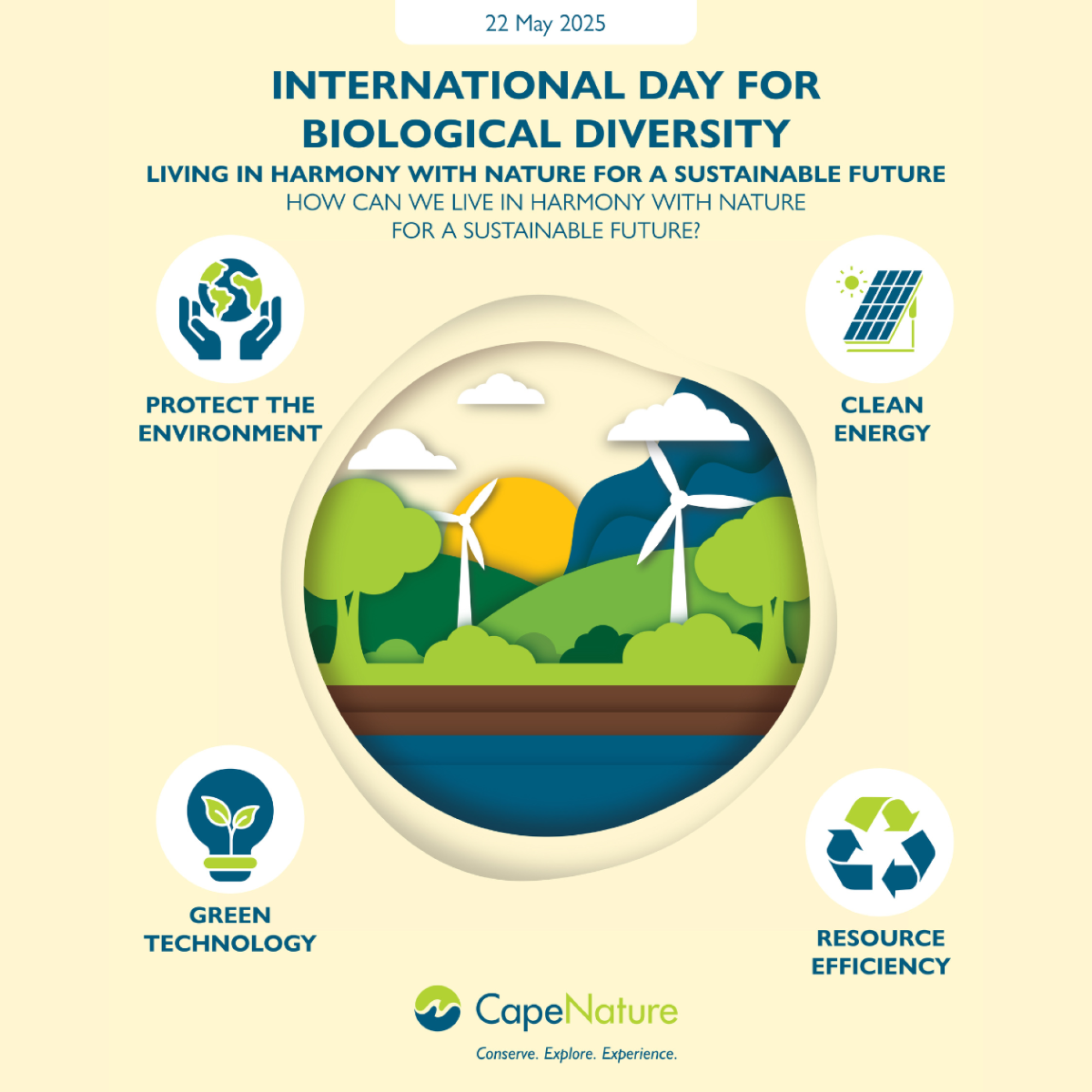
Living in harmony with nature to ensure sustainable development
The International Day for Biodiversity, under this year’s theme of “Harmony with nature and sustainable development” is at the heart of a “whole-of-society and whole-of-government approach” to implement the 23 targets of the Kunming-Montreal Biodiversity Global Framework and the 17 Sustainable Development Goals, according to the Convention on Biological Diversity (CBD).
International Day for Biodiversity is celebrated annually on 22 May, and this year marks 32 years since its inception, when the Convention on Biological Diversity (CBD) went into effect.
Well, technically, 29 December was the original date until 2000, when it was moved to 22 May to commemorate the adoption of the 1992 Convention and to avoid other holidays or celebrations taking place in December.
The day was meant to increase awareness, education and the understanding of biodiversity issues, and to make concerted efforts to preserve it for future generations. Those ideals remain relevant and perhaps even more crucial today just as they did over three decades ago.
Biodiversity not only has intrinsic value, but also vital to our existence and livelihood. The Western Cape for example is home to the Cape Floristic Region, a biodiversity hotspot, which means that it has a very high abundance of different species that are often not found anywhere else in the world, but it remains under significant threat of destruction. This rich biodiversity sustains healthy ecosystems and ecological infrastructure, which refers to functional ecosystems that provide us with valuable ecological services, that ensure our continued survival.
Examples of ecosystem services are water purification, food provision, pollination, energy (e.g. firewood), healthy soil and clean air. Other services are more intangible like cultural and spiritual value, natural beauty and stress relief. The economic value of biodiversity also cannot be ignored, with several species utilised for their commercial value by individuals, communities and big business, some more sustainably than others.
Despite various measures put in place over the years, the main threats to biodiversity have been quite consistent and include, habitat loss and fragmentation, pollution, overharvesting or exploitation, climate change, alien invasive species and unsustainable land use practices.
According to the 2024 Western Cape State of Conservation Report, 16% of indigenous species are classified as threatened (Critically Endangered, Endangered or Vulnerable) as well as 194 out of 348 ecosystems. Most of these threats are related to or are exacerbated by human activities, but the good news is that the potential solutions can also be implemented by humans. As the Provincial authority responsible for nature conservation in the Western Cape, CapeNature remains committed to ensure ecosystem resilience and sustainability and reducing biodiversity loss.
This is also done through various projects and programs that promote conservation such as community-based natural resource use management, combating environmental crime, promoting eco-tourism, youth development, wildlife management, fire management, and stewardship.
These initiatives also take note of the importance that society and partnerships have in nature conservation. Knowledge products like the 2023 Western Cape Biodiversity Spatial Plan and the 2024 Draft Protected Area Expansion Strategy ensure that the Entity guides sustainable development and responsible land-use, while putting measures in place to increase the conservation estate. You can also get involved in fighting biodiversity loss, just by making conscious choices to make a difference, no matter how small.

For example, by reducing unnecessary consumption and utilising your buying power by avoiding products that are harmful to the environment. Taking care when disposing of waste. Supporting responsible nature conservation initiatives like clean-ups or alien clearing by volunteering your time and money if you are able to do so. Visiting your local nature reserve, park or conservation area and empowering yourself through education and awareness and keeping up with what’s going on in your area. Supporting your local biodiversity related events and spreading the word.
There are many other simple and effective ways to fight against biodiversity loss, and we are not as powerless as we think. By striving to achieve harmony with nature at all levels of society and supporting sustainable development, we will not only be looking after Mother Nature, but she will be looking after us as well.





